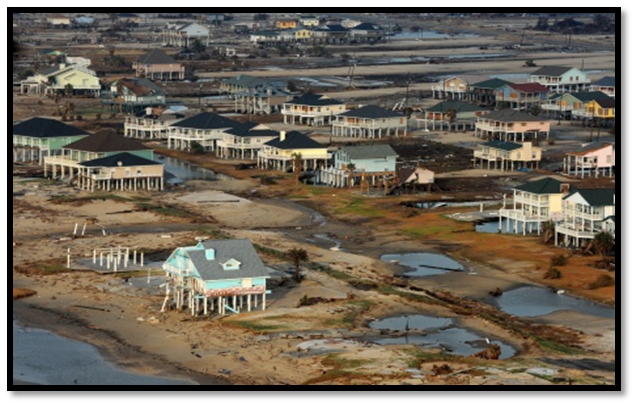by Shawna Ganley, CCCL contributor and former visiting scholar With the recent COP19 in Warsaw showing questionable progress towards a universal climate agreement in 2015 (as reported previously by CCCL), government procurement represents an uncontroversial way to achieve greenhouse gas reductions. The sheer size of government purchases in many countries—which […]
Uncategorized
The Center for Climate Change Law is excited to announce that Columbia Law School will host the second Sabin Colloquium on Innovative Environmental Law Scholarship on May 8-9, 2014. This Colloquium will allow junior environmental law scholars to present early-stage work and receive constructive feedback from a panel of senior […]
Ethan I. Strell, Esq. Associate Director & Fellow The Columbia Center for Climate Change Law (CCCL) submitted comments today on the United States Nuclear Regulatory Commission’s “Waste Confidence Draft Generic Environmental Impact Statement” (DGEIS), which concerns the storage of highly radioactive spent nuclear fuel at individual power plants beyond the […]
New CCCL Paper: Envisioning Resilient Electrical Infrastructure by Sam Nierop, Visiting Scholar Only last week, a powerful storm left thousands without access to electricity across Europe.[1] Last year, Hurricane Sandy left more than 8 million people without power in the Northeastern United States.[2] As climate change amplifies the frequency and […]
by Shelley Welton, Deputy Director On December 2nd, commissioners, secretaries and directors of environmental and energy agencies from states within the Regional Greenhouse Gas Initiative (RGGI) filed comments to EPA on the agency’s forthcoming regulations for greenhouse gases from existing power plants. RGGI is understandably anxious that the work its […]
Ethan I. Strell, Esq. Associate Director and Fellow Columbia Center for Climate Change Law On Monday November 18, the federal Department of Housing and Urban Development (HUD) published a Federal Register Notice setting forth the requirements for the second round of relief funds appropriated by the Disaster Relief Appropriations Act […]
State and municipal governments have many legal tools at their disposal to relocate vulnerable communities away from risky coasts, according to a new study released by the Columbia Law School Center for Climate Change Law. Tuesday, October 29, marked the first anniversary of Superstorm Sandy and its devastation of the […]
The Center for Climate Change Law has released a white paper tracking China’s policies and laws on carbon capture, utilization and storage (CCUS). China has the world’s largest coal reserves and has been zealous in using its coal to drive rapid economic development in recent decades, leading it to account […]



